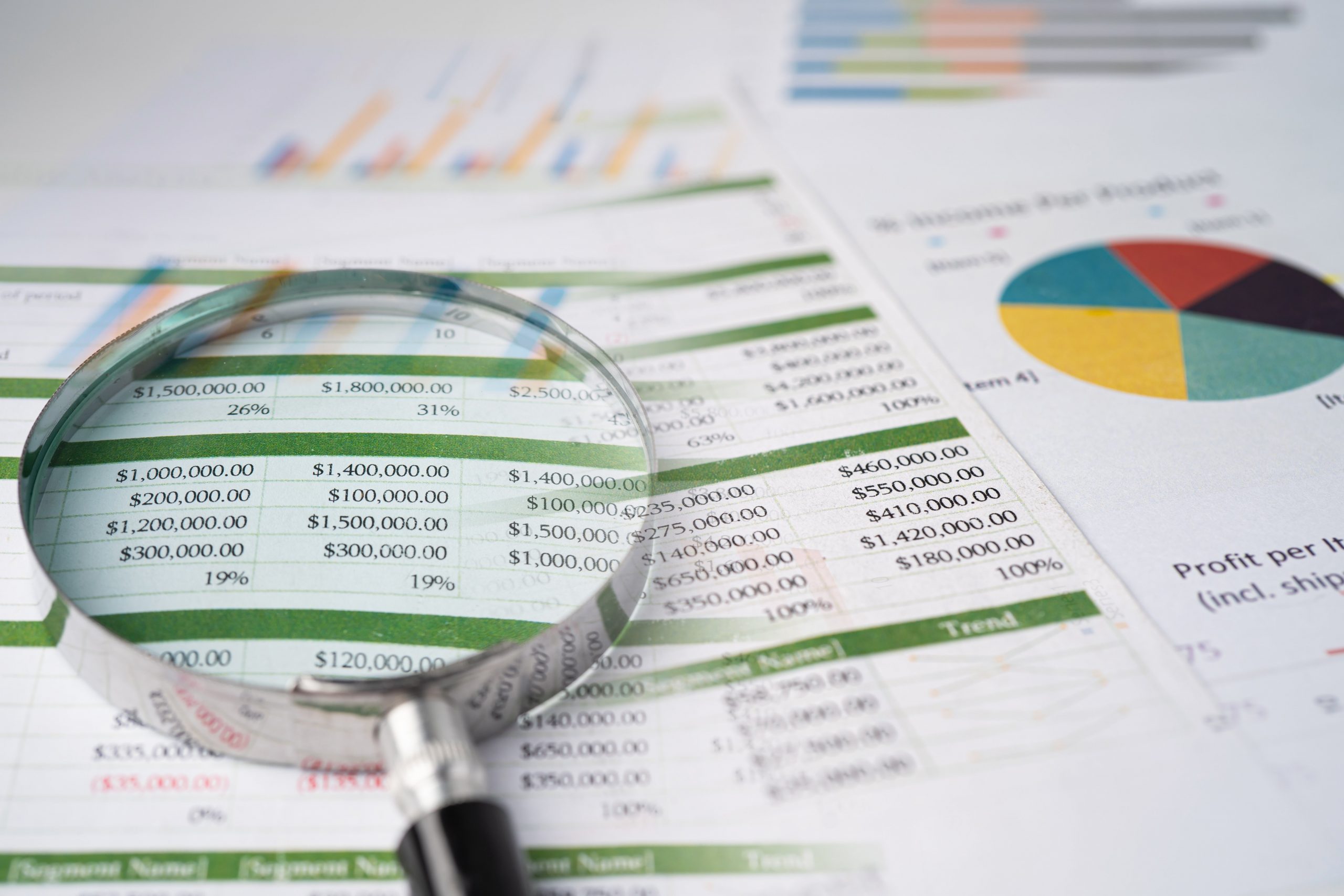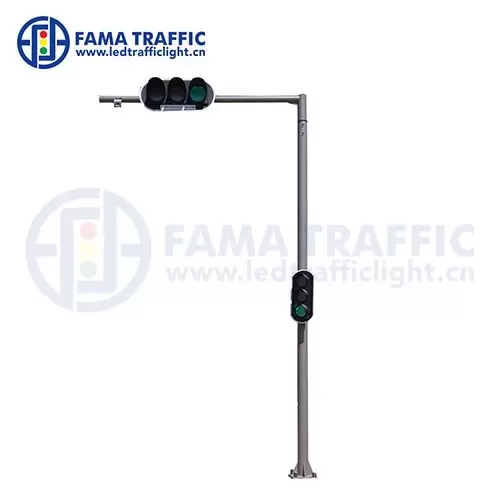
Forensic accounting is a specialized field that combines accounting, auditing, and investigative skills to uncover financial fraud and misconduct. It is a highly sought-after skill in today's business world, and learning how to become a forensic accountant can be a lucrative career move.
If you're interested in learning forensic accounting, here are some steps you can take to master this field:
- Get a solid foundation in accounting
Forensic accounting is built on a foundation of accounting principles, so it's essential to have a strong understanding of basic accounting concepts. This includes knowledge of financial statements, accounting systems, and auditing procedures.
You can gain this knowledge through formal education, such as a degree in accounting or finance, or through self-study using textbooks and online resources.
- Develop investigative skills
Forensic accountants need to be able to investigate financial transactions and identify irregularities or discrepancies. This requires strong analytical and problem-solving skills, as well as attention to detail.
You can develop these skills by taking courses in data analysis, fraud detection, and investigation techniques. You can also gain practical experience by working in a related field, such as auditing or financial analysis.
- Learn about legal and regulatory requirements
Forensic accountants often work closely with lawyers and law enforcement agencies, so it's important to have a solid understanding of legal and regulatory requirements. This includes knowledge of relevant laws and regulations, as well as the legal process and court procedures.
You can gain this knowledge through formal education, such as a law degree or paralegal training, or through on-the-job experience working with legal professionals.
- Stay up-to-date with industry trends and developments
Forensic accounting is a constantly evolving field, with new technologies and techniques emerging all the time. To stay ahead of the curve, it's important to stay up-to-date with industry trends and developments.
You can do this by attending conferences and seminars, reading industry publications, and networking with other professionals in the field.
In conclusion, learning forensic accounting requires a combination of accounting knowledge, investigative skills, legal expertise, and industry awareness. By following these steps, you can develop the skills and knowledge needed to become a successful forensic accountant.

